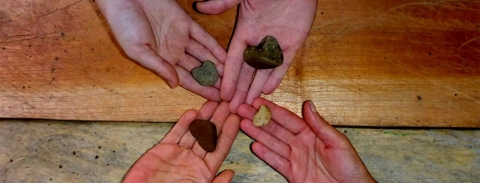Safety
Nicaragua is the safest country in Central America, but it's always advisable to follow security measures in any country in which you're traveling.
- Follow the recommendations of our guides in order to keep yourself healthy
- Before you walk or move through an unknown area, ask the locals if it's safe
- If you're going somewhere and have to cross a dangerous area or if you're out at night, it's better to take a taxi
- Check your door for a reliable locking mechanism when checking in to your hotel room
- Avoid counting your money out in the open or in the street
- Don't wear visible valuables (such as expensive-looking jewelry)
- Never lose sight of your belongings in public (camera, laptop, cellphone, backpack, etc)
- Don't stay just anywhere (it's better to pay a little more for safety)
Keeping Yourself Healthy
Nicaragua has a warm and humid climate, and there are illnesses to which you may be exposed, given the climatological and environmental conditions. There are recommendations to follow in pursuit of keeping healthy while you visit this beautiful country.
- Before traveling anywhere, it's always a good idea to consult your doctor. Tell him you're traveling to Nicaragua, and ask him for suggestions and information about the necessary immunizations.
- We recommend traveling with medical insurance. Check with your health insurance provider to determine what kind of coverage you have while visiting Nicaragua.
- There are mosquitoes, so it's always a good idea to carry insect repellent with you. Most rural hotels and host families will have mosquito netting for use over your bed at night.
- Avoid drinking tap water, as you can never be sure it won't cause digestive problems. You can buy and drink bottled water; it can be found at all the supermarkets and most small shops (pulperías, ventas). We always recommend refilling your water bottles from another purified source to avoid excessive bottle trash. You may also drink the water from the filters which are available in some establishments.
- We recommend asking in each place you order a drink whether the water they use for ice or juice (refresco) is filtered or purified.
- Avoid buying food from street vendors; you can never be sure whether the hygiene is good enough. The food may have been left unrefrigerated for extended periods or exposed to environmental impurities.
- Pharmacies can be easily found in the city, but if you use a specific medicine, we suggest you bring it with you.
- In the rural communities, the families may have clay filters which produce excellent water quality and at the same time help reduce trash in the form of plastic bottles.
If you have any questions about this list or something we may have left out, feel free to get in contact with Matagalpa Tours; we would be delighted to entertain your suggestions.

